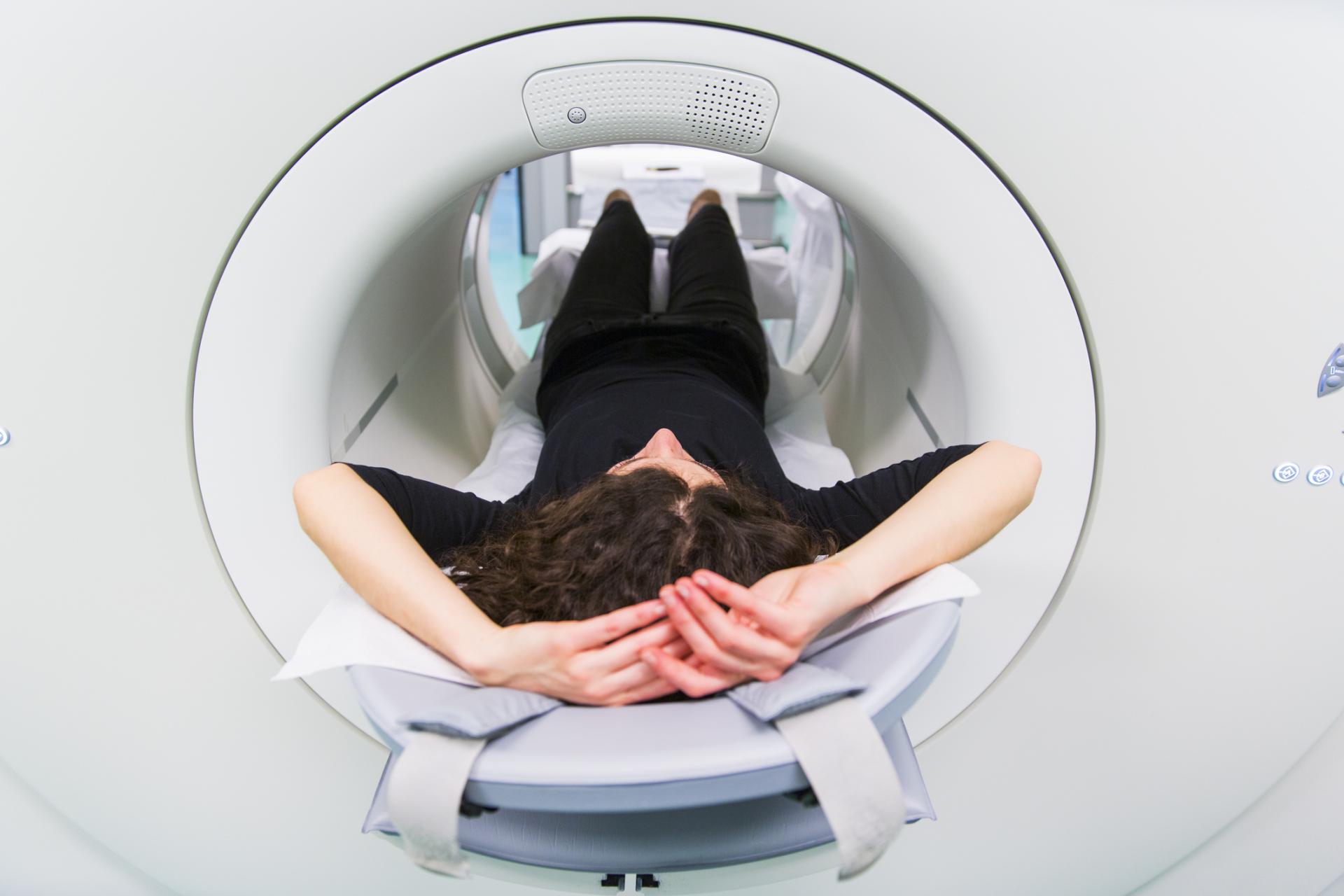Ask the expert: Why aren't scans regularly used at follow-up?
Published on: 19 July 2019Research studies show that relapse is rarely picked up in this way

The NICE 2016 Guidelines direct that imaging tests should only be carried out if they will change patient management or outcome.
For some forms of cancer, such as bowel cancer, scans are regularly used in follow-up. For lymphoma, relapse is very rarely picked up at follow-up because lymphoma tends to declare itself clinically. People will have a strong suspicion that their lymphoma has relapsed because they will get symptoms, such as swollen lymph glands, unexplained significant weight loss and new drenching night sweats. At this stage their medical team will organise tests to investigate this.
This is backed up by numerous research studies which show that follow-up scans for lymphoma do not change either patient management or outcomes, because relapse is rarely picked up in this way.
If you notice any symptoms, contact your medical team. Do not wait for your follow-up appointment.
Taken from Lymphoma Matters issue 107. With thanks to Dr Bhuey Sharma, Consultant Radiologist at the Royal Marsden Hospital, London.
19 July 2019
